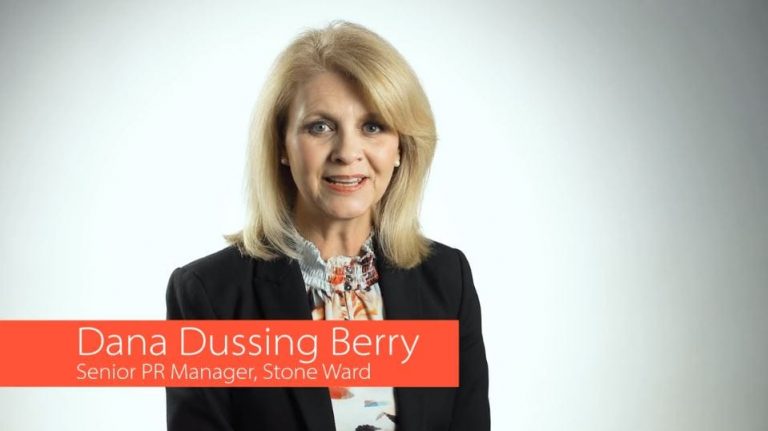Consumers are getting savvier and pickier about the companies they do business with, for both big purchases and small purchases. They research online, read reviews, understand customer service standards and learn about a companies’ business operations. And one thing they are looking at is the philanthropic efforts of the companies they will be buying from. Studies show that when looking at two equally competent companies for products or services, if one is more philanthropic than the other, the more philanthropic gets the consumer’s business. It makes the consumers feel like they are contributing to something bigger than themselves. According to recent studies:
“87-percent of U.S. respondents agreed that ‘business needs to place at least equal weight on society’s interests’ as it does on its own interests. The BrandAsset Valuator polling found 71-percent of its respondents endorsing the statement, ‘I make a point to buy brands from companies whose values are similar to my own.’”
“83-percent of those polled said they ‘wish more of the products, services and retailers they use would support causes.’”
“81-percent said they want companies to give them the opportunity to ‘buy a cause-related product.’”
“80-percent said they’d be ‘likely to switch brands, about equal in price and quality, to one that supports a cause.’”
“55-percent of respondents saying that, when choosing between similar products, they’d be more likely to buy the one ‘with added social benefit.’”
“41-percent saying that in the past year they’d ‘bought a product because it was associated with a cause or issue.’”
Common Threads Partnership from Patagonia on Vimeo.
One of my personal favorite companies that considers the greater good is Patagonia; they pledge one-percent of all sales to preservation and restoration of the natural environment. They talk about creating quality products that last a long time, so you don’t have to buy frequently or in bulk. In fact, this past holiday season, Patagonia ran advertising encouraging people not to buy their products. According to a recent article in Fast Company:
“Patagonia has found a way to marry good business with its brand promise. According to Patagonia’s Director of Environmental Strategy, Jill Dumain, ‘If I wanted to make the most money possible, I would invest in environmentally responsible supply chains … these are the best years in our company’s history.’ The company is making money by living its brand promise.”
Pepsi got in on the social good action a couple of years ago when it introduced it Project Refresh to give grants to companies and organizations that were aiming to build good in their communities or in the world. And they invited consumers to participate in choosing the worthy organization. In 2010, Pepsi launched ”an ambitious campaign named the Pepsi Refresh Project, aimed at doing well by doing good. The brand is dedicating at least $20 million through the end of the year for donations to local organizations and causes proposed by the public in realms like health, arts and culture, the environment and education.” And Pepsi considered the project a success:
“ ‘We measured our results by the level of engagement between the brand and our consumers, social ROI [impact made] and brand-equity results. And, by these measures, we are more than satisfied,’ a Pepsi spokeswoman said. ‘Our equity research on Pepsi Refresh Project showed that consumers felt Pepsi was a brand that cares about the community and that the program was a strong fit with their perception of Pepsi as a forward-thinking, innovative brand. We saw that consumers that knew about the Pepsi Refresh Project when choosing a cola chose Pepsi. And research shows that the social network that we developed includes the largest engaged fan base of any beverage company active today.’”
Other companies like Toms Shoes and Warby Parker are for-profit companies that have a one-for-one business model: for every purchase of shoes or glasses that you make from them, they give a pair of shoes or glasses to someone in need. And you can’t go anywhere in America now without running in to someone wearing a pair of Toms and let’s be honest, they are not that cute; but it is fashionable to be charitable.
The bottom line is that giving back is important to consumers and can impact business results in competitive situations.
In our own way, Stone Ward takes a philanthropic approach to our business by practicing our Building Good philosophy. We work with clients we feel good about working with because they do good in their own business. We give back to organizations that are giving back to the community by helping with our services. As we celebrate our 29th year in business this month, we are raising money for some of those organizations through a Facebook campaign. Head on over there to learn more about it and participate to help us in our Building Good efforts.







